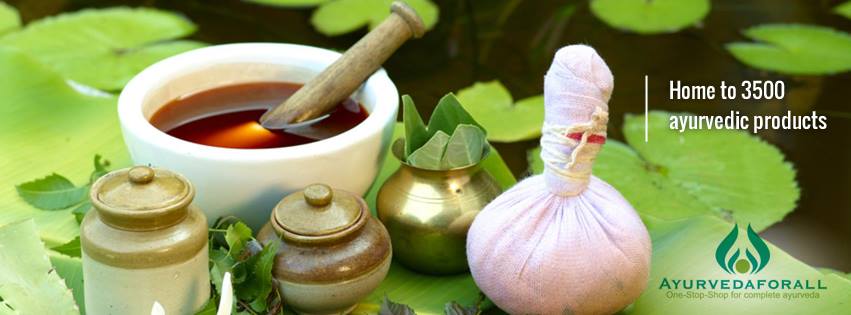M2 tone tablets for pcos
Commiphora mukul, commonly known as Guggul or Guggulu, is a small shrub or tree native to India. It holds a significant place in Ayurvedic medicine and has been used for centuries due to its various medicinal properties. The resinous gum extracted from the bark of the Commiphora mukul tree is primarily used in Ayurvedic formulations. Here are some key aspects of Commiphora Mukul (Guggul): Cholesterol Metabolism: Guggul is well-known for its potential to support healthy cholesterol levels. It is believed to help regulate lipid metabolism by promoting the breakdown of cholesterol and reducing the absorption of cholesterol in the intestines. This makes it beneficial for individuals with high cholesterol levels.
M2 Tone Tablet is an Ayurvedic herbal formulation that aims to restore hormonal balance and promote overall reproductive health.
The gel is also effective in addressing joint, muscle, shoulder, and back pain. It provides targeted relief by targeting the affected area and reducing pain and discomfort.
